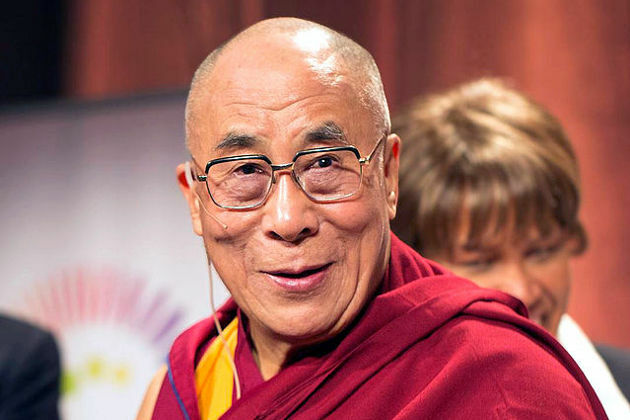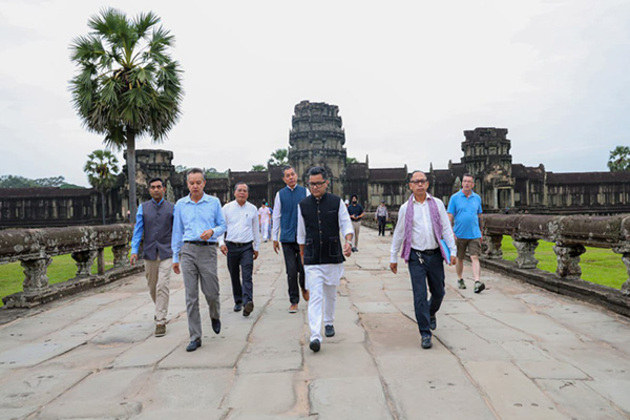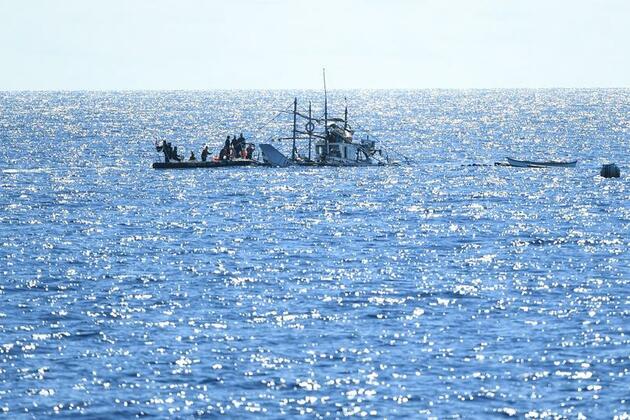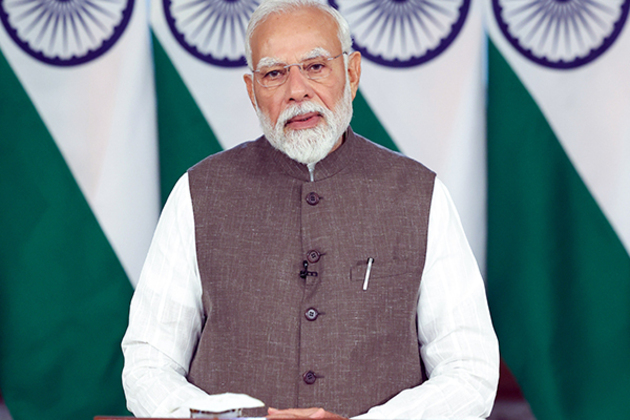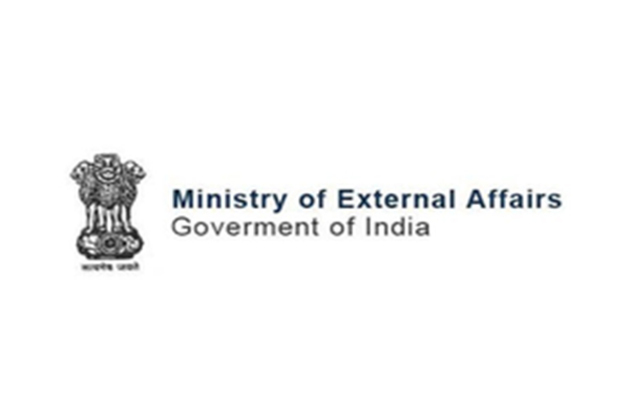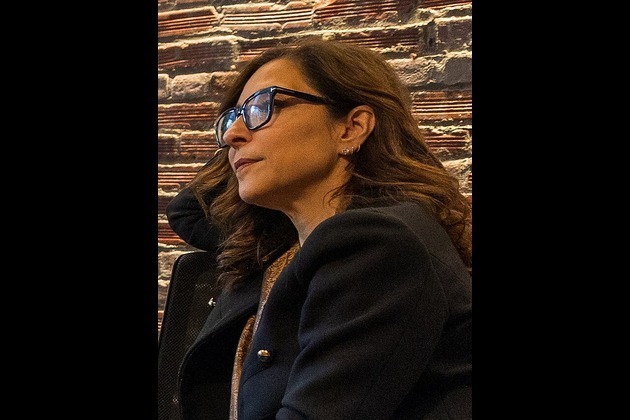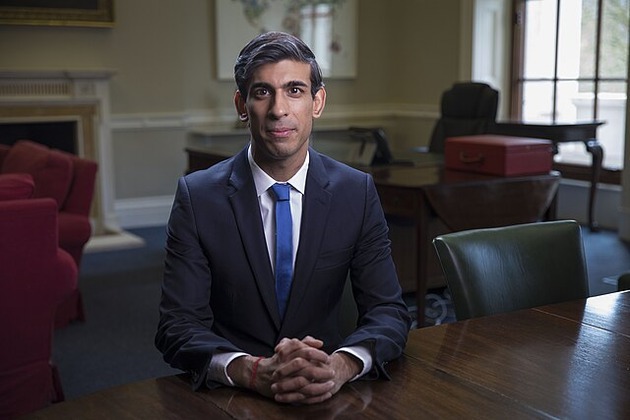Nigeria at 60: the long and difficult road since independence
RFI
01 Oct 2020, 14:46 GMT+10
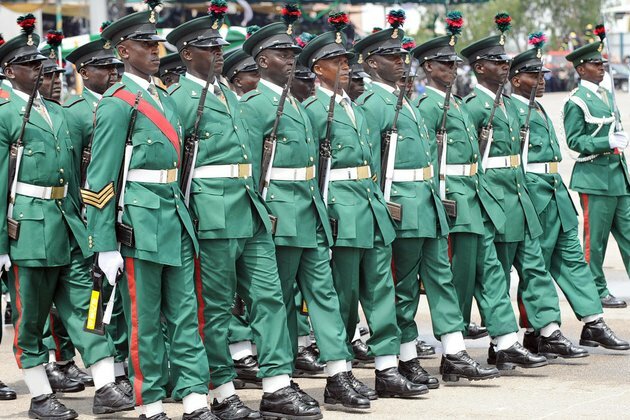
Nigeria marks the 60th anniversary of its independence on 1 October. With 200 million people, the largest population in Africa, the country is blessed with abundant natural resources. But it has yet to meet the aspirations of its population and compete economically on the world stage.
Modern Nigeria dates from 1914 when British colonial masters amalgamated the Lagos Colony with the Northern and Southern Nigeria protectorates. But it was on 1 October 1960 that the country gained its independence, becoming a republic in 1963.
Nigeria adopted a parliamentary system of government. The executive powers were initially vested in the Prime Minister, Sir Abubakar Tafawa Balewa, while Nnamdi Azikiwe became president, a largely ceremonial post.
The country was divided into three regions: Northern, Southern and Eastern, each governed by a premier.
Nigeria had a bicameral legislature at the national level, based in Lagos, while each region had its own unicameral legislature.
The Tafawa Balewa administration ran the country for six years before being ousted by the military in 1966. Major General Johnson Aguiyi-Ironsi took over as Head of State, but his administration was short-lived; Colonel Yakubu Gowon staged a countercoup and took over the leadership.
Biafran War
The removal of Aguiyi-Ironsi led to the Nigerian civil war when Lieutenant Colonel Chukwuemeka "Emeka" Odumegwu-Ojukwu led some military officers and soldiers to establish the breakaway Republic of Biafra in 1967, an action that led to the deaths of hundreds of thousands of people.
Colonel Gowon, himself a northerner, led the Nigerian army offensive against Biafra. His name, "Gowon" became an acronym meaning "Go On With One Nigeria". The Biafran war ended on 15 January 1970.
Gowon declared at the end of the war that "there was no victor, no vanquished". He further brought in the policy of the 3Rs: Rehabilitation, Reintegration and Reconstruction for the Ibos, the majority population in south-eastern region of Nigeria which had supported Biafran independence.
Since 1970, Nigeria has endured a succession of military regimes led successively by, among others, Murtala Muhammed/Olusegun Obasanjo, Muhammadu Buhari/Ibrahim Badamasi Babangida, Sani Abacha/Abdusalami Abubakar.
Nigeria convicts first pirates under new anti-piracy law Death toll in Nigeria jihadist attack rises to 30
Ever since the coup which ended the country's first republic, each administration came with the declared aim of fighting corruption and correcting the ills of the previous government, but mostly ended up worse than the administration before.
The Yakubu Gowon government, despite the civil war, enjoyed an oil boom and built an enormous amount of infrastructure, but refused to hand over to a civilian administration, a refusal which led to its ouster by the Murtala-Obasanjo regime.
General Murtala Muhammed's tenure as military Head of State was short-lived following his assassination, but Obasanjo took over, handing control to Shehu Shagari in 1979. It was Murtala's administration that first purged corrupt civil servants and also initiated a plan to move the country's capital to Abuja which was accomplished under military head of state, Ibrahim Babangida.
The Shehu Shagari second republic ended after the 1983 elections. The opposition alleged rigging and the military cited corruption among government officials as the reason for their coup.
From Buhari to Babangida to Abacha
The Muhammadu Buhari military administration jailed hundreds of politicians for alleged corruption, but an insider coup removed Buhari 20 months after he took over. Ibrahim Babangida became president.
The Babangida administration is viewed by many Nigerians as the government that institutionalised corruption among public officials.
The government also benefited from another oil boom as a result of the Iraq war, but millions of dollars from the sale of oil were never accounted for by the administration.
Babangida can be credited with the establishment of infrastructure and also with moving the nation's capital, finally, to Abuja from Lagos.
His plan to install a civilian administration failed. More political turmoil plagued Nigeria in the following years, with one military coup after another preventing the advent of civilian rule.
In 1993, Chief MKO Abiola was widely believed to have won the presidential election. Under pressure, he quit and installed a lame interim government headed by Chief Ernest Shonekan.
Inevitably, Shonekan was soon ousted by another senior officer, this time General Sani Abacha.
Under Abacha, Nigeria faced international sanctions and pressure to bring in a civilian administration.
After the death of Abacha, funds worth millions of dollars were discovered in several banks around the world. Efforts to repatriate the stolen money are still ongoing.
General Abdusalami Abubakar hurriedly organised the 1999 elections, and Olusegun Obasanjo was voted in as president. Obasanjo became a civilian president and worked hard to relaunch Nigeria at the international level. He succeeded in securing a debt pardon which gave Nigeria breathing space, but one of his major failures was his inability to provide sufficient energy, despite spending $30 million, an action which still haunts the country.
Boko Haram insurgency
Obasanjo's successor, Umaru Musa Yar Adua, did not live long due to ill health and he was replaced by Goodluck Jonathan.
Jonathan's administration was marked by the Boko Haram insurgency, to this day still causing death and destruction in the north of the country. One of the most traumatic episodes was the kidnapping of more than 250 Chibok schoolgirls, some of whom are still to be accounted for.
Corruption scandals also marred Jonathan's mandate.
The Buhari administration, despite its promise to crack down on corruption, is also faring little better than previous governments. It also faces the ongoing Boko Haram menace.
Before the discovery of oil, the mainstays of the Nigerian economy were agriculture, tin and the iron ore known as columbite. Oil revenues were used by successive administrations to build infrastructure.
But oil became a curse for Nigeria as governments neglected agriculture and other development potential to depend heavily on the commodity whose earnings created massive corruption among government officials.
Bad leadership, widespread corruption, ethnic rivalry and conflicts, religious crises were some of the major obstacles that hindered Nigerian development and led to mistrust and suspicion among its people.
A vast country in search of national unity
The advent of the Niger Delta militancy, the Odua People's Congress, the OPC group in the southwest, the Boko Haram insurgency in the northeast, armed bandits in the northwest, recurrent clashes between herdsmen and farmers in central Nigeria, and kidnappings for ransom, have led to the killings of thousands of people and also shaken the institutional foundations of the country.
At 60, Nigeria has still to realise its full potential as a united entity, as groups and sections of the country continue to clamour for the holding of a national conference to renegotiate the basis of Nigerian unity.
Even with the on-going democratic dispensation, some people feel they are not represented at the level at which crucial decisions are made, hence the continued agitation for conferences to address issues that threaten the very existence of the country.
 Share
Share
 Tweet
Tweet
 Share
Share
 Flip
Flip
 Email
Email
Watch latest videos
Subscribe and Follow
Get a daily dose of Asia Pacific Star news through our daily email, its complimentary and keeps you fully up to date with world and business news as well.
News RELEASES
Publish news of your business, community or sports group, personnel appointments, major event and more by submitting a news release to Asia Pacific Star.
More InformationAsia
SectionThousands gather in Himalayas as Dalai Lama celebrates 90th birthday
DHARAMSHALA, India: The Dalai Lama turned 90 on July 6, celebrated by thousands of followers in the Himalayan town of Dharamshala,...
Beijing hits back at EU with medical device import curbs
HONG KONG: China has fired back at the European Union in an escalating trade dispute by imposing new restrictions on medical device...
MoS Margherita reaffirms 'enduring bonds of friendship' between India and Cambodia
Phnom Penh [Cambodia], July 12 (ANI): Union Minister of State for External Affairs Pabitra Margherita reaffirmed the 'strong and enduring...
Interview: Philippines burdened by South China Sea arbitration, says expert
The arbitration has in fact become an anchor around the Filipino people's neck, weighing the nation down economically, said Herman...
"Every Indian is elated with this recognition": PM Modi as 'Maratha Military Landscapes' gets UNESCO tag
New Delhi [India], July 12 (ANI): Prime Minister Narendra Modi on Saturday stated that every India is elated with this recognition...
India highlights growing Indo-Pacific role under SAGAR vision in 2024 MEA report
New Delhi [India], July 12 (ANI): The Ministry of External Affairs (MEA) has underlined India's increasing involvement in the Indo-Pacific...
Business
SectionAI saves $500 million for Microsoft as layoffs reshape strategy
REDMOND, Washington: Artificial intelligence is transforming Microsoft's bottom line. The company saved over US$500 million last year...
FTC’s rule to ease subscription cancellations struck down by court
WASHINGTON, D.C.: A federal rule designed to make it easier for Americans to cancel subscriptions has been blocked by a U.S. appeals...
Musk’s X loses CEO Linda Yaccarino amid AI backlash, ad woes
BASTROP, Texas: In a surprising turn at Elon Musk's X platform, CEO Linda Yaccarino announced she is stepping down, just months after...
Ex-UK PM Sunak takes advisory role at Goldman Sachs
NEW YORK CITY, New York: Former British prime minister Rishi Sunak will return to Goldman Sachs in an advisory role, the Wall Street...
Gold ETF inflows hit 5-year high as tariffs drive safe-haven bets
LONDON, U.K.: Physically backed gold exchange-traded funds recorded their most significant semi-annual inflow since the first half...
PwC: Copper shortages may disrupt 32 percent of chip output by 2035
AMSTERDAM, Netherlands: Some 32 percent of global semiconductor production could face climate change-related copper supply disruptions...

